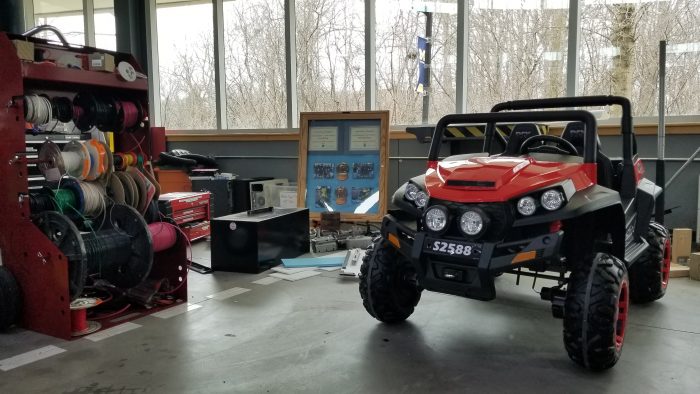Welcome to the BIMI Lab. You are a Bimian now.
- Bharath Kumar Karre
- Deepak Mysuru Heeranna
- Meher Adheeth Hundi
- Sanjyot Thete
- Sumanth Pobala
- Swathi Priya Soogoor

Welcome to the BIMI Lab. You are a Bimian now.
A new project, “Development of Autonomous Vehicle Research Platform using Deep Learning and Robot Operating System” has been approved. This project is sponsored by the Institute for Information & Communication Technology Promotion (IITP), Korea.
This project is the 2nd phase of a project that was conducted at Kettering University from July 2019 to December 2019.
My research proposal, “Markerless 3D Human Motion Inference Framework from 2D Videos using Deep Learning,” has been selected for funding. This project is scheduled to start in May 2020 and end in December 2021.
https://umdearborn.edu/news/all-news/articles/update-office-research-april-2020
The project descriptions can be found at https://bimi.jrkwon.com/markerless-3d-human-motion-inference-framework-from-2d-videos-using-deep-learning/
Fig. 1. System overview. The proposed system has two sub-sections: 3D pose estimator from 2D video input (top) and gait feature extractor (bottom). (a) 2D input video, (b) 2D pose estimator, (c) extracted 2D joint points, (d) skeletal data of human pose, (e) skeletal model converter, (f) 2D joint points for 3D estimation, (g) 3D pose estimator, (h) 3D joint points, (i) feature extractor, (j) feature data, and (k) applications.
Due to the COVID-19 pandemic, the lab has been ramped down.

A ride-on-car has arrived and assembled. We will add a drive, steer, and brake by wire to convert this ride-on-car to be a small scale autonomous vehicle.

A driving simulator hab been arrived and successfully installed. This will be used to study end to end learning and reinforcement learning for autonomous vehicles.

This is a summary of https://www.scientifica.uk.com/neurowire/increase-your-lab-efficiency-for-better-more-economical-results
This is a summary of https://www.scientifica.uk.com/neurowire/lab-management-advice-for-when-you-start-a-new-lab
This is a summary of the article at https://www.scientifica.uk.com/neurowire/lab-management-10-tips-for-motivating-your-research-group
Managing a research lab requires balancing experiments with followings.
Here are ten tips.